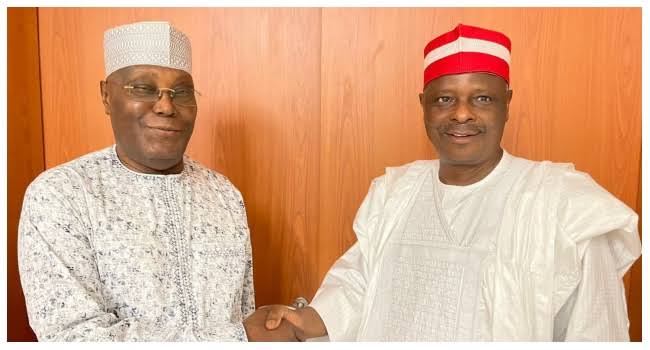
Seven political parties have announced the formation of a new coalition called the Coalition of Concerned Political Parties (CCPP).
The announcement came after a closed-door meeting of the parties’ leaders at the National Secretariat of the Social Democratic Party (SDP) yesterday.
The CCPP comprises the African Democratic Congress (ADC), the Allied Peoples Movement (APM), the New Nigeria Peoples Party (NNPP), the Peoples Democratic Party (PDP), the Social Democratic Party (SDP), the Young Progressives Party (YPP), and the Zenith Labour Party (ZLP).
While addressing the press post-meeting, SDP Chairman Shehu Gabam clarified that the CCPP is neither a merger nor a rival to the Inter Party Advisory Council (IPAC).
While explaining the purpose of the coalition, the Acting National Secretary of the PDP, Setonji Koshoedo, representing the party’s acting chairman, said: “This coalition aims to provide a strong opposition for the good of Nigeria. Our responsibility is to offer alternative solutions to government policies.”
Chief Ralph Nwosu, National Chairman of the ADC, added that “the idea behind the CCPP is to strengthen our democracy. We have witnessed attempts by the government to suppress viable opposition.”
National Chairman of the APM, Yusuf Dantalle, revealed that there were additional parties who were not present at the meeting.
Besides Gabam, Koshoedo, Nwosu, and Dantalle, other representatives present included the acting national chairman of the NNPP, Abba Kawu Ali, the national publicity secretary of the YPP, Egbeola Martins, and the national secretary of the ZLP.
The coalition issued immediate demands, with Gabam urging the judiciary to strengthen its convictions and deliver judgments that stand the test of time. He specifically referenced recent Court of Appeal judgments in Zamfara, Nasarawa, Kano, and Plateau states, where coalition members’ candidates lost to the ruling party’s candidates.
Reacting, a renowned political scientist, Professor Kamilu Sani Fage, described the coalition option as “mere semantics” and speculated that it might be a “trial balloon” by the parties involved. He suggested that the long gap (3.5 years) till the 2027 elections could dampen the parties’ enthusiasm and allow the ruling APC to dismantle the coalition.
Fage noted that the coalition could be considered both late and early. He said many had advocated for such a move before the 2023 elections, and the results indicate that a united PDP could have defeated the APC.
He identified the egos of the parties’ presidential candidates as a major challenge ahead. Additionally, he said the absence of the Labour Party (LP) could pose a problem due to the significant support its candidate, Peter Obi, enjoys across ethnic and religious lines.
